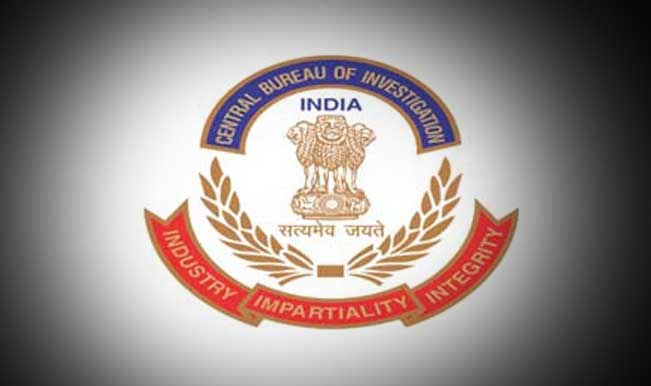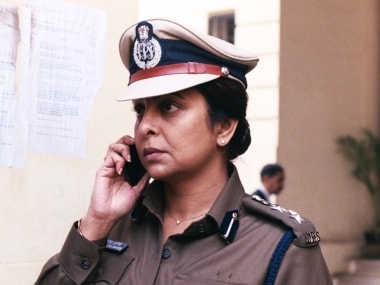

Mehta’s desire to represent the police in a pristine light unintentionally raises more questions than it seeks to answer. While the narrative initially explores the experiences of young Chandni facing sexual harassment and outright molestation in some cases, Mehta forgoes further examination of these much larger concerns by reducing the plot to elements of a crime thriller, i.e., catch the bad guys. Afraid that her daughter may not want to come back, Chaturvedi pleads to make a case for a better Delhi in which she is doing her part as a police officer. Even before the actual crime occurs, Mehta deploys a subplot about familial tensions between mother (DCP Chaturvedi) and daughter (Chandni) to introduce the issue of sexual violence against women in Delhi Chandni hopes to leave Delhi and its dangers behind for a safer Toronto.
#What was the ed of of delhi crime series#
The series aims to humanize the police officers as they attempt to understand and solve a "blind" case with minimal details with the clock ticking and the nation watching. While Mehta’s series has won recognition for being the first Indian series to have premiered at Sundance Film Festival, criticism has focused on the open bias which comes at the cost of villainizing everyone else including the protestors, the media, government, and even the male victim of the assault. His family friend and story consultant who was also a “retired police commissioner” encouraged Mehta to make a film on the rape case and offered “access to case files and the investigating officers.” The protagonist of Mehta’s series, South district DCP (Deputy Commissioner of Police) Vartika Chaturvedi (Shefali Shah) often referred to in the series as “madam-sir” since her leadership brings about a crisis of gender perception is based on Chhaya Sharma, the real-life DCP who led the investigation and apprehending of the criminals in Singh’s case. This perspective can be attributed to the fact that Indian-Canadian director Richie Mehta wanted to privilege the police angle from the outset and which he perceived to be misunderstood.

The series is an open tribute to the Delhi Police or “almost a love letter” as Piyasree Dasgupta caustically claimed over at HuffPost. After all, you need 10 hours to tell a story, therefore you make a show.Netflix’s Delhi Crime (2019) is a seven-part series which revisits the infamous 2012 gangrape case of Jyoti Singh wherein the 23-year-old student was brutally raped and tortured leading to her demise and sparking national outrage in India. Unlike a film that has the protagonist, the love interest and the antagonist, here it is imperative to create multi-dimensional characters with main arcs as well as sub-story arcs. This is followed by characters and then the plot. Until we have complete control on this situation, we'll have to be very creative to make shoots and stories happen in a post-COVID normal that will exist when we get back to shooting,” she added.Īsk her what is the most important element for a series, she says, “The world is the most important element of a show. “It will be very difficult to have a crowd scene with a thousand people like we had in Delhi Crime showing the protest at India Gate in these times. If we are not setting the story in a post-COVID time it's going to be very difficult to remove those masks that would be out on the streets.” Talking about the new normal for content production especially for web series, Pooja Kohli Taneja, Founder and Managing Director, Film Karavan, said: “I think there will be pre-sort of early check on the kind of material that we are writing, whether it is even going to work when it comes to production time like large crowds or street scenes.



 0 kommentar(er)
0 kommentar(er)
